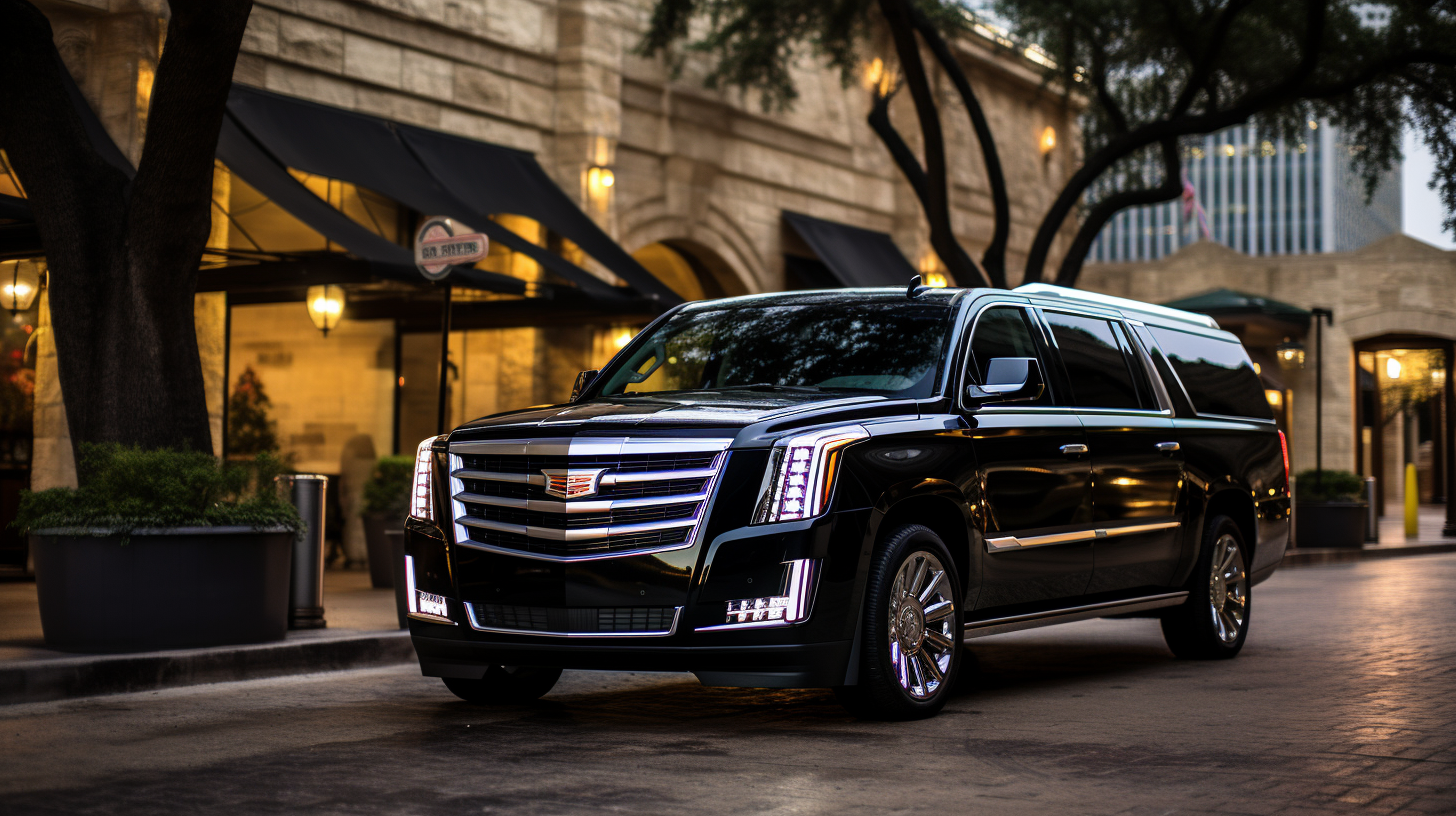When it’s time to replace your water heater, the process can be overwhelming with so many options available. Choosing the right water heater can affect your home’s comfort, energy bills, and long-term expenses. To help you make an informed decision, here are the top factors to consider when buying a new water heater for your home.
1. Type of Water Heater
The type of water heater you choose impacts your home’s energy efficiency and overall performance. There are several options, each with its own benefits and drawbacks:
- Storage Tank Water Heaters
- The most common type, which stores hot water in a tank until it’s needed.
- Pros: Cost-effective, easy installation, and reliable.
- Cons: Limited hot water supply; higher energy consumption due to water being constantly heated.
- Tankless (On-Demand) Water Heaters
- These heat water instantly as it’s needed, with no storage tank.
- Pros: Energy-efficient, endless hot water, compact size.
- Cons: Higher initial cost; may not handle multiple simultaneous demands effectively.
- Heat Pump (Hybrid) Water Heaters
- These use heat from the surrounding air or ground to heat the water.
- Pros: Energy-efficient and eco-friendly.
- Cons: Higher upfront costs and space requirements for installation.
- Solar Water Heaters
- These harness solar energy to heat water.
- Pros: Environmentally friendly and cost-effective in the long run.
- Cons: High installation cost; dependent on sunlight.
- Condensing Water Heaters
- Designed for gas usage, these capture exhaust gases to heat the water more efficiently.
- Pros: Energy-efficient and great for high-demand households.
- Cons: Higher upfront cost, more complex installation.
2. Size and Capacity
Choosing the right size water heater is crucial to avoid both energy waste and inadequate hot water supply. The size you need depends on your household’s size and hot water usage:
- Storage Tank Water Heaters:
- 30–40 gallons: For homes with 1–2 people.
- 40–50 gallons: For small to medium-sized households (2–4 people).
- 50–80 gallons: For larger households (4+ people).
- Tankless Water Heaters:
- Measured by gallons per minute (GPM), the flow rate, which determines how much hot water the unit can deliver at once. For example, a 2.5 GPM unit can supply a shower and a sink simultaneously.
Tip: If your household uses multiple hot water sources at once (showers, appliances, etc.), go for a larger unit or a more powerful tankless model.
3. Energy Efficiency
Energy efficiency directly affects your long-term operating costs. The more efficient the unit, the less it will cost you to run:
- Energy Factor (EF) Rating: This measures the efficiency of a water heater. The higher the EF, the more efficient the unit is.
- Energy Star Certification: Look for units with the Energy Star label, as they meet strict energy efficiency guidelines.
Tip: Though more energy-efficient units may have a higher upfront cost, they can lead to substantial savings on your utility bills in the long run.
4. Fuel Type
The fuel type you choose for your water heater will influence its operational costs and energy efficiency:
- Electric Water Heaters: Widely available, but generally less energy-efficient than gas units. Ideal for homes with lower hot water demand.
- Gas Water Heaters: More efficient for homes with high water usage, such as large families.
- Propane Water Heaters: A good alternative if you don’t have access to natural gas.
- Solar Water Heaters: Use sunlight to heat water and can be combined with other systems for greater efficiency.
- Heat Pump Water Heaters: Use electricity but are much more energy-efficient than traditional electric models.
Tip: Consider the cost and availability of fuel in your area when deciding between electric, gas, or other types of water heaters.
5. Installation Requirements
Before purchasing, ensure that your chosen water heater can be installed in your home and that it’s compatible with your existing plumbing and electrical systems:
- Tankless Water Heaters might require upgrades to your electrical system or gas lines.
- Heat Pump Water Heaters need enough space for proper airflow.
- Gas and Solar Models might require more extensive installation due to the need for venting or additional infrastructure.
Tip: Consult with a professional plumber or installer to ensure that your water heater will fit and that any necessary upgrades or adjustments are taken into account.
6. Lifespan and Warranty
A water heater’s lifespan and warranty can help you gauge its quality and long-term value. Typically:
- Tank Water Heaters: Last about 10–15 years with proper maintenance.
- Tankless Water Heaters: Can last 20+ years, as they don’t experience the same wear and tear as tank units.
- Heat Pump Water Heaters: Typically last 10–15 years.
Check the warranty for coverage on parts and labor. A longer warranty usually indicates better quality.
7. Maintenance Requirements
To maximize the life and performance of your water heater, regular maintenance is necessary:
- Storage Tank Water Heaters need to be flushed periodically to remove sediment buildup.
- Tankless Water Heaters require occasional descaling, especially in areas with hard water.
- Heat Pump Water Heaters need maintenance to ensure proper airflow.
Tip: Regular maintenance can extend the lifespan of your water heater and keep it running efficiently.
8. Cost and Budget
Water heaters come in a wide range of price points, so it’s essential to stick to your budget while considering the long-term savings of energy-efficient models:
- Upfront Costs: Tankless and heat pump water heaters tend to have higher initial costs, but they can lead to lower energy bills.
- Operating Costs: Consider how much the water heater will cost to run monthly. Gas models tend to be cheaper to operate than electric ones.
- Installation Costs: Some models, such as tankless or solar water heaters, may have higher installation costs due to the need for additional plumbing or electrical work.
Tip: Balance your budget for both the initial cost and long-term operating savings.
Final Thoughts
Selecting the right water heater for your home involves understanding your household’s hot water needs, the type of fuel available, and your budget. By considering the factors listed above, you can make an informed decision that will keep your home comfortable and save you money over time.
Need help choosing the best water heater for your home? Contact our team of experts for advice and installation services!



